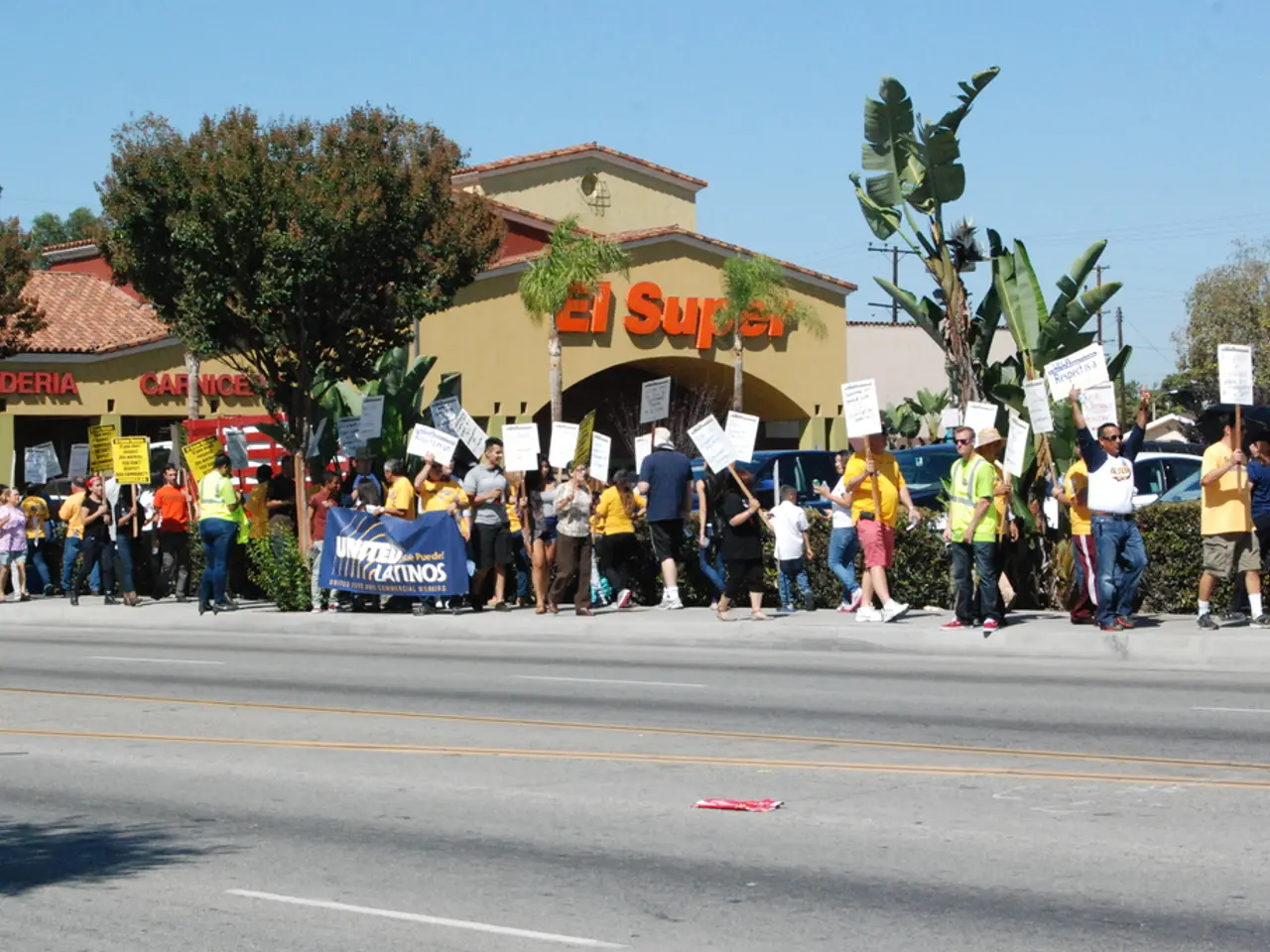Surveys Rely More on Human Insights Than Big Data
In the midst of the ongoing coronavirus pandemic, researchers are constantly seeking innovative ways to predict and understand the trajectory of the virus. A groundbreaking study, led by Prof. Frauke Kreuter at Ludwig-Maximilians-Universitaet (LMU) in Munich, is employing the method of human social sensing to predict the course of the pandemic.
The research paper, titled "Covid Trends & Impact Survey", has been published in the prestigious journal Nature, with the DOI 10.1038/s41586-021-03649-2. In this study, Kreuter and her international co-authors demonstrate that interviews with individual informants still hold a crucial role in an era where big data dominates the headlines.
The "Covid Trends & Impact Survey" primarily focuses on predicting the course of the pandemic in the United States, where the study was first conducted. Since its initiation in April 2020, the survey has interviewed over 55 million people globally.
Prof. Kreuter argues that focusing too narrowly on the analysis of digital trace data is a mistake. She believes that people's sensory capacities can be particularly useful in areas that are difficult to capture with data from behavioral traces. According to her, the individual can be viewed as a potentially informative 'social sensor' for what is happening around him.
One of the questions in the survey asks interviewees whether they personally know anyone in their local community with COVID-19 symptoms. This question, among others, serves as a strong predictor of the further development of the pandemic, according to Prof. Kreuter.
The study suggests that human social sensing can elicit information that is difficult to obtain from digital trace data in the context of the coronavirus pandemic. Preliminary results of the study have already appeared as a preprint on MedRxiv.
Prof. Kreuter emphasizes that surveys can serve as a very valuable source of supplementary information. An individual interviewee can supply information not only about her own situation, but also about things in her local environment, a possibility that has long been overlooked.
This approach of human social sensing, focusing on the sensory capacities of individuals, offers a unique perspective in understanding and predicting the ongoing coronavirus pandemic. Despite today's researchers in the social sciences having access to historically unparalleled amounts of data, many aspects of contemporary social developments have proven difficult to predict, such as the ongoing coronavirus pandemic. By leveraging human social sensing, researchers like Prof. Kreuter are bridging this gap, providing valuable insights into the pandemic's trajectory.
Read also:
- Peptide YY (PYY): Exploring its Role in Appetite Suppression, Intestinal Health, and Cognitive Links
- Toddler Health: Rotavirus Signs, Origins, and Potential Complications
- Digestive issues and heart discomfort: Root causes and associated health conditions
- House Infernos: Deadly Hazards Surpassing the Flames








